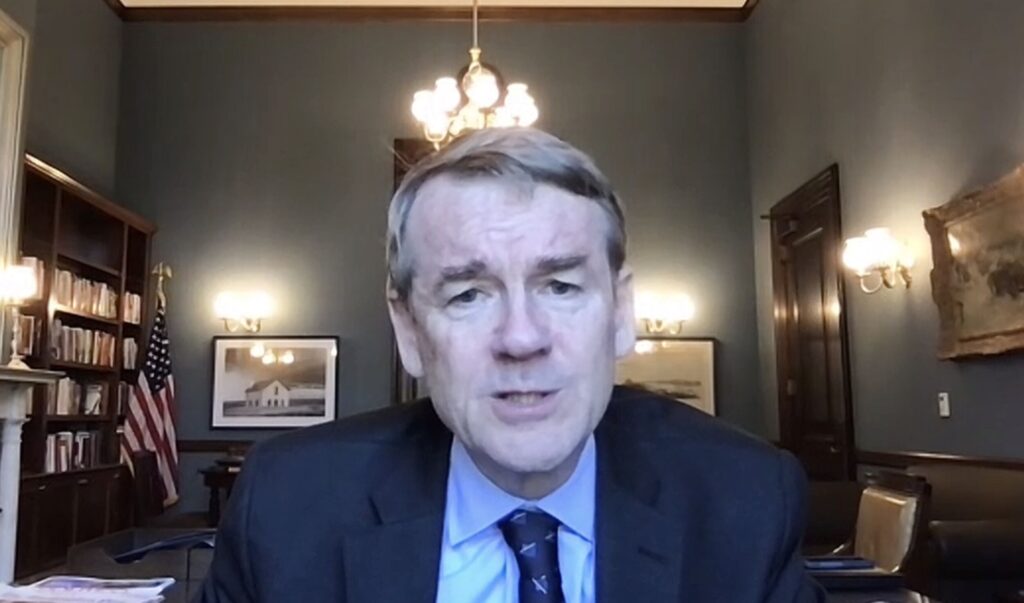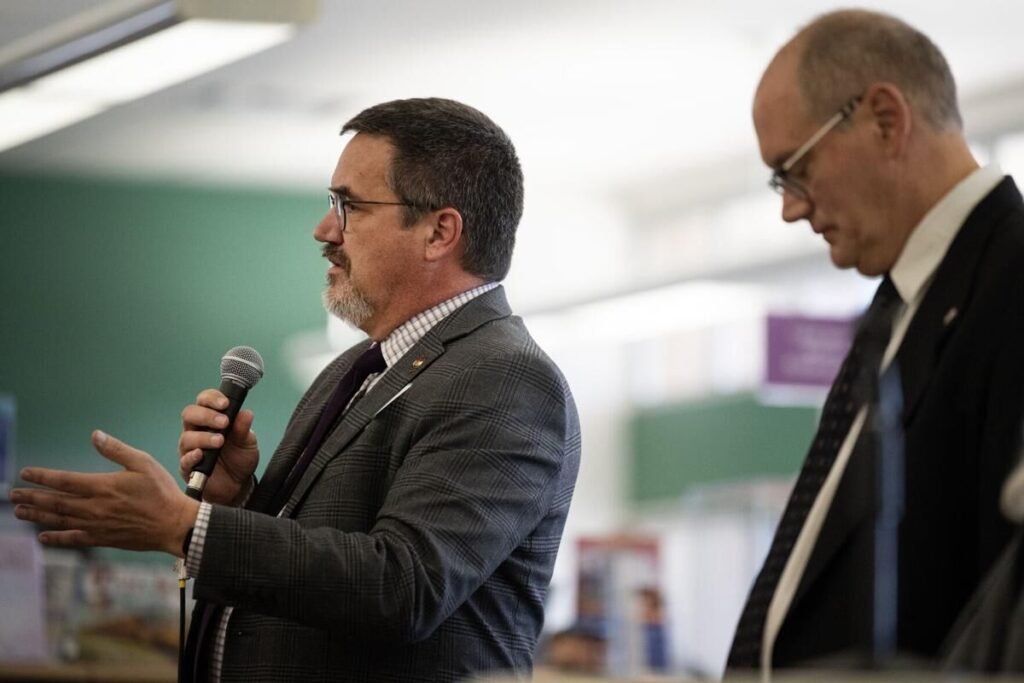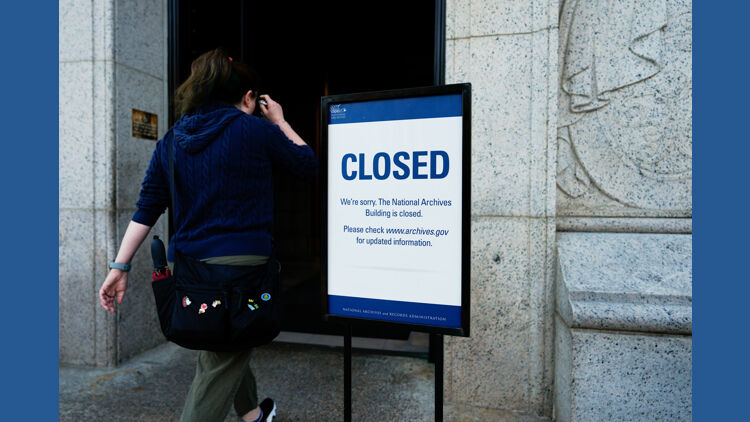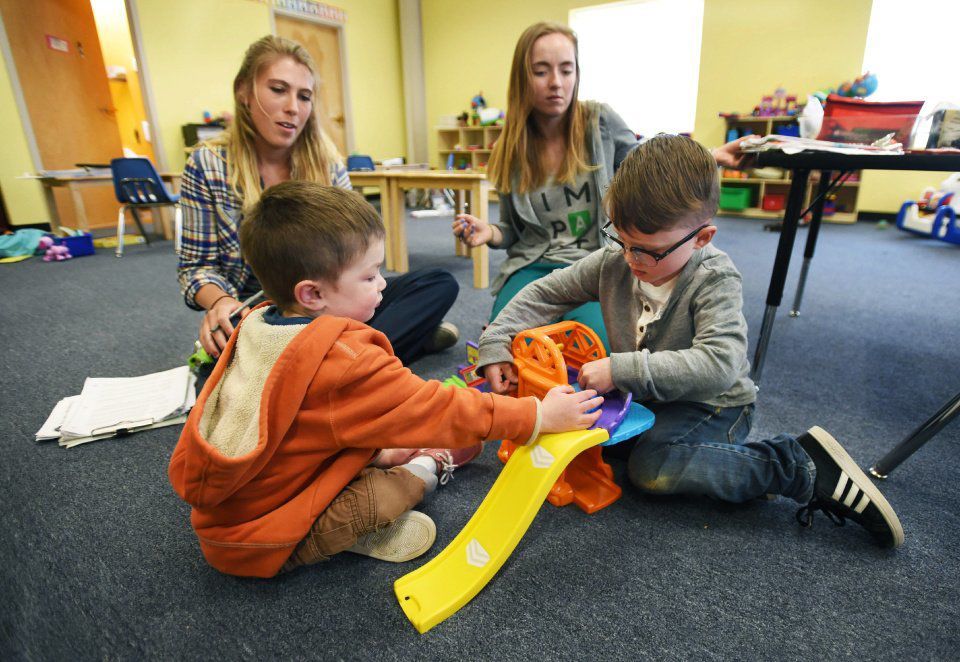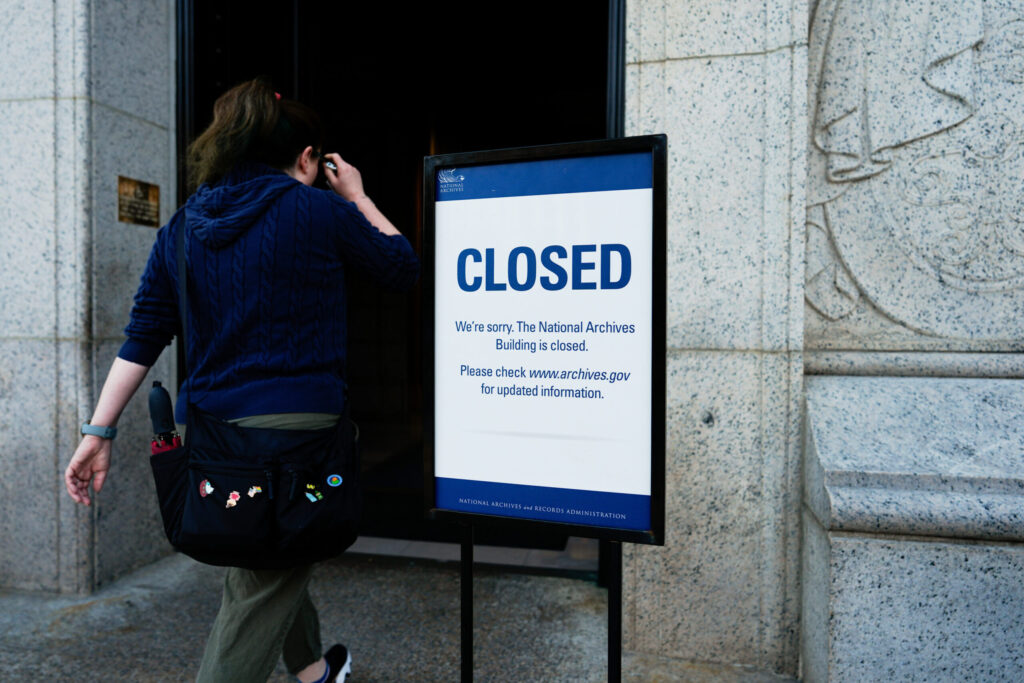Campaign finance reform measures die in Colorado legislature

A Republican-controlled Senate committee on Wednesday killed two campaign finance reform measures that Democrats pushed this year as part of a package.
Both measures died on Republican party-line votes in the Senate State, Veterans and Military Affairs Committee.
House Bill 1261 would have required a description of the entities that are spending money to influence elections with “paid for by” disclosures on all electioneering material; and
House Bill 1262 would have required all electioneering between the primary and general elections be subject to disclosures, allowing voters to examine who is spending money to influence the vote, and closing a gap in reporting.
The campaign finance bills died after concerns were raised by the secretary of state’s office, which testified that the legislation was sweeping, potentially catching communications that aren’t even political in nature just by spending $1,000 on it. House Bill 1261 would have addressed communications that cost $1,000 or more per calendar year.
Deputy Secretary of State Suzanne Staiert said a wedding announcement could potentially fall under the legislation.
“If I was to decide to run for office and I was on a June primary ballot and my daughter decided she was going to get married in August and she sent out her wedding invitations in May and I proudly announced her wedding on the invitation and I spent $1,000 on it, that would be an electioneering communication,” Staiert said.
“It can grab communications that really don’t have anything to do with the election.”
Democrats, however, said the campaign finance legislation was about transparency and trust with voters.
“Coloradans want to know who is trying to influence our elections, and the intent of this is to address that need of the public to know where the money is coming from to pay for these election communications,” said Sen. Lois Court, D-Denver.
In addition to the two bills heard on Wednesday, two other measures are part of the package, which was announced at a news conference at the Capitol last month.
House Bill 1259 would subject candidates to constitutional contribution limits after the Colorado Court of Appeals made it possible for a candidate to create an independent committee to potentially receive unlimited donations; and
House Bill 1260 would limit individual contributions for county candidates to $2,500 per election cycle. Corporate contributions would continue to be prohibited.
House Bill 1259 is still in the House and House Bill 1260 is awaiting a hearing in the Senate. They face uphill battles with two weeks left in the divided legislature.
After the vote on Tuesday, Sen. Rachel Zenzinger, D-Arvada, who sponsored House bills 1261 and 1262, said she would continue to pursue the issue.
“The next step is to take this issue to the neighborhoods and start a real conversation about who should influence our elections, and whose interests our senators should really represent,” she said.



